Go further with GO Markets
Trade smarter with a trusted global broker. Low spreads, fast execution, powerful platforms, and award-winning customer support.
For beginners
Just getting
started?
Explore the basics and build your confidence.
For intermediate traders
Take your
strategy further
Access advanced tools for deeper insights than ever before.
Professionals
For professional
traders
Discover our dedicated offering for professionals and sophisticated investors.


Trusted by traders worldwide
Since 2006, GO Markets has helped hundreds of thousands of traders to pursue their trading goals with confidence and precision, supported by robust regulation, client-first service, and award-winning education.
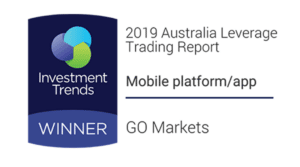
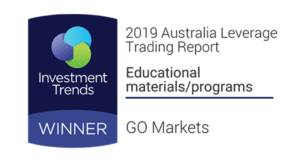
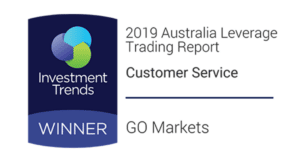
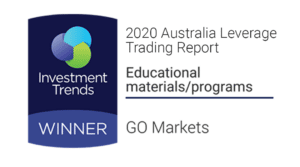
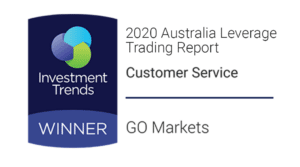
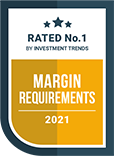
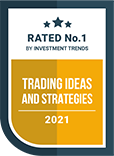
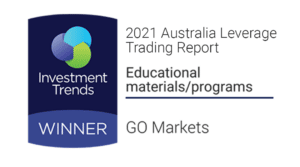
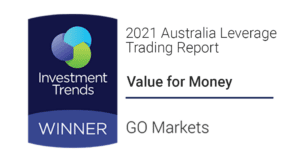













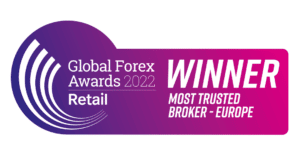
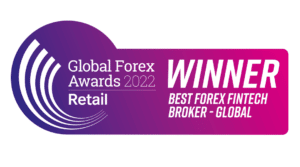
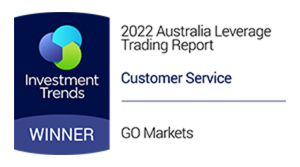
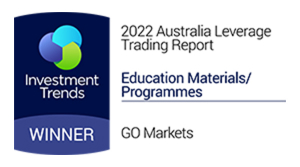

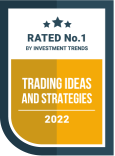
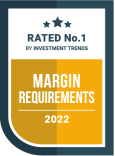
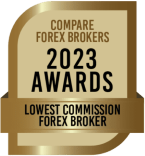
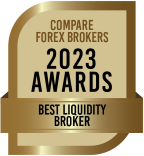
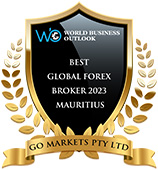

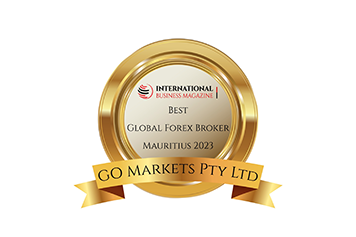
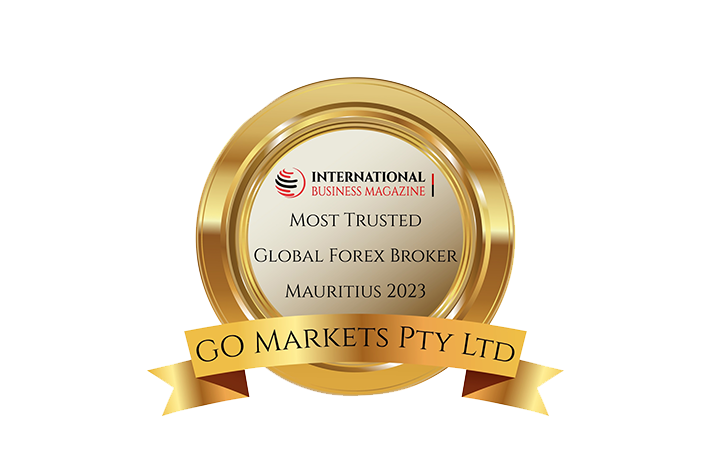


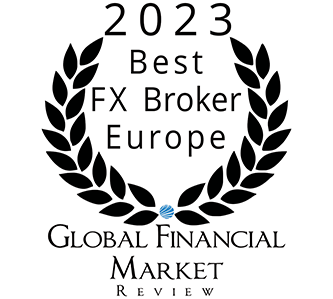


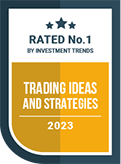


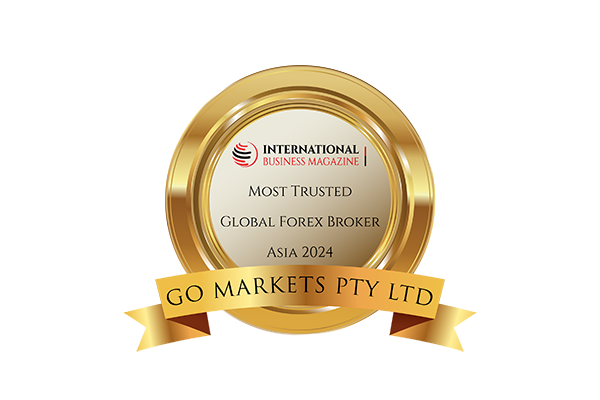
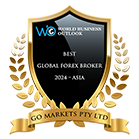
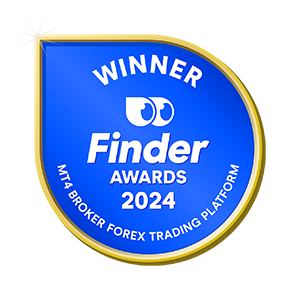


Explore more from GO Markets
Platforms & tools
Trading accounts with seamless technology, award-winning client support, and easy access to flexible funding options.
Accounts & pricing
Compare account types, view spreads, and choose the option that fits your goals.
Go further with
GO Markets.
Explore thousands of tradable opportunities with institutional-grade tools, seamless execution, and award winning support. Opening an account is quick and easy.


Go further with
GO Markets.
Explore thousands of tradable opportunities with institutional-grade tools, seamless execution, and award winning support. Opening an account is quick and easy.

US and European market attention this week is centred on the US Personal Income and Outlays report (which includes the PCE price index), late-week flash PMI releases, and a continued ramp-up in the US earnings season.
Alongside key data, geopolitical developments, including renewed discussion around Greenland and tariff threats, remain part of the broader risk backdrop.
Quick facts:
- US PCE inflation: Closely watched by policymakers as an important inflation measure (released within the Personal Income and Outlays report).
- Flash PMIs: US, Eurozone, Germany, and the UK are due late week, offering a read on growth momentum.
- US earnings: Large-cap and index-heavy companies shaping sentiment at elevated index levels.
- Geopolitical headlines: Greenland and proposed tariff measures add a layer of uncertainty to broader risk sentiment.
- Equity indices: Trading at elevated levels, which may increase sensitivity to data and earnings surprises.
United States
What to watch
US markets reopen after the Juneteenth holiday, with the US data calendar featuring the PCE price index and core PCE measures. Outcomes that differ from expectations can influence interest-rate expectations and near-term risk sentiment.
Later in the week, flash PMIs offer a more current snapshot of activity across manufacturing and services. US earnings remain a key driver of sentiment, and with indices at elevated levels, valuation and guidance narratives may be tested as results are released.
Key releases and events
- Thu 22 Jan (US): BEA GDP release — Q3 2025 (Updated Estimate)
- Thu 22 Jan (US): BEA Personal Income and Outlays (Oct & Nov 2025) — includes PCE price index and core PCE
- Fri 23 Jan (US): S&P Global flash PMIs (manufacturing and services)
- Throughout the week: US earnings season continues
How markets may respond
- Equities: Indices have been trading at elevated levels. As of 10:30am AEDT, 20 January 2026, the S&P 500 was within ~50 points of its record high.
- USD: PCE results that differ from expectations can contribute to volatility in FX and USD-linked assets, while PMI data can influence shorter-term momentum.
- Earnings: In a market trading at elevated levels, earnings results and forward guidance can generate volatility even without large headline misses. Forward guidance and margin commentary are likely to be closely watched.
UK and eurozone
What to watch
In the UK, CPI and labour market data can influence rate expectations and perceptions of growth momentum. In Germany, producer price data offers insight into pipeline inflation pressures. Flash PMIs across the Eurozone, Germany, and the UK complete the week’s calendar and may influence near-term growth assessments.
Key releases and events
Eurozone and Germany
- Thu 22 Jan: Germany PPI
- Fri 23 Jan: Eurozone flash manufacturing PMI (with services PMI)
- Fri 23 Jan: Germany flash manufacturing PMI
United Kingdom
- Wed 21 Jan: UK CPI
- Thu 22 Jan: UK labour market report
- Fri 23 Jan: UK flash manufacturing PMI (with services PMI)
How markets may respond
- DAX: The German index has been trading at elevated levels. PMI and PPI outcomes may influence cyclical sectors, notably industrials and exporters.
- FTSE 100 and GBP: UK CPI and labour market data can affect rate expectations and GBP sensitivity, while PMI outcomes may influence sector-level performance within the index.
- EUR: Euro moves may reflect PMI momentum and inflation signals, though direction can still be heavily influenced by US outcomes and global risk sentiment.
Geopolitics
Reporting has focused on renewed discussion around Greenland and associated tariff threats. Reporting also outlines tariff rates and potential escalation timelines, though details and implementation remain subject to change, and the situation is fluid.
Market reaction has been limited so far. If rhetoric escalates, markets could see intermittent volatility across equities, commodities, and FX. safe-haven moves (including in gold) are possible, though reactions can be uneven and may reverse.
US and Europe calendar summary
- Wed 21 Jan: UK CPI
- Thu 22 Jan (US) / Fri 23 Jan(AEDT):
- US GDP (Q3 2025 updated estimate)
- US Personal Income and Outlays (Oct/Nov, includes PCE)
- UK labour market report
- Fri 23 Jan: Flash PMIs (US, Eurozone, Germany, UK)
Bottom line
- The Personal Income and Outlays report (including PCE inflation measures) is one of the key US macro events this week and may influence rate expectations if outcomes differ materially from expectations.
- With equity indices trading at elevated levels, markets may be more sensitive to negative surprises and guidance downgrades than to confirmatory data.
- European releases — particularly UK CPI and the flash PMIs — remain important locally but may still trade in the context of US outcomes and broader risk sentiment.
- Geopolitical developments around Greenland and tariffs remain a secondary but persistent source of uncertainty.
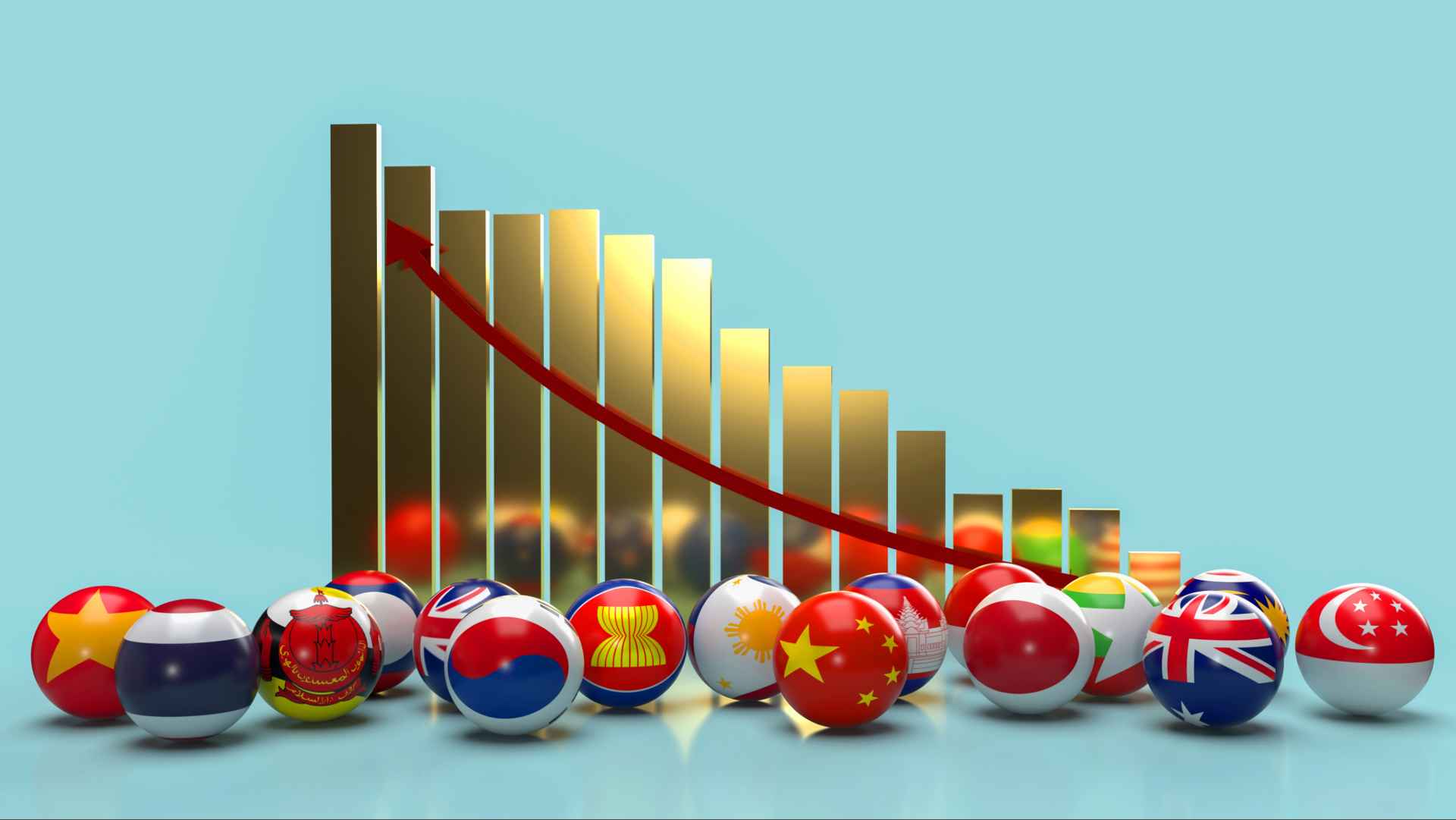
Asia-Pacific markets head into this week focused on China’s growth data, potential JPY volatility with a Bank of Japan (BoJ) meeting week, and Australia's labour force report and commodity prices. Geopolitical events also remain in focus globally, and the US earnings season’s progression may indirectly influence sentiment.
Quick facts:
- China: Q4 GDP and December industrial production data will be read as a test of whether growth is stabilising or simply slowing more gradually.
- Japan: The BoJ meets 22–23 January, and Japan CPI (Dec) is due on 23 January, keeping USD/JPY and rates in focus.
- Australia: Labour Force (Dec) is the key local catalyst, alongside whether metal prices continue to support the materials sector.
China
What to watch:
China’s focus shifts to hard activity data, with Q4 GDP and December activity indicators offering a read on growth momentum into 2026. Markets are increasingly focused on whether recent policy support is translating into clearer traction in the real economy.
Key releases:
- Mon 19 Jan: Q4 GDP, December industrial production (primary). Retail sales and fixed asset investment (secondary).
How markets may respond:
- Growth-sensitive sectors in Chinese equities may react if the data reinforces that domestic demand remains soft, especially if headline GDP diverges from expectations.
- Australian assets may respond to GDP and industrial output outcomes, with implications for materials stocks. The data may also influence AUD sentiment following recent consolidation.
Japan
With the BoJ meeting later in the week, markets may see pre-decision volatility as positioning shifts around how hawkish the BoJ narrative may be. While consensus expectations often lean toward no change, the statement and press conference will be watched closely for any change in tone.
Key events:
- Fri 23 Jan: Bank of Japan rate decision and press conference (high sensitivity)
- Fri 23 Jan: Japan CPI (Dec) (medium sensitivity)
- Thu 22 Jan: Trade statistics — first 20 days of Dec (provisional) (low sensitivity)
How markets may respond:
- USD/JPY: Often acts as a fast channel for repricing Japan risk during BoJ weeks, particularly if guidance shifts expectations for the next move.
- Nikkei 225: Japanese equities can remain responsive to FX stability, particularly across exporter-heavy sectors. All-time high levels of 54000 will be watched as a key level.
Australia
Australia’s week is dominated by the employment data, with external influences from China’s data and broader global risk conditions also in view. Markets will likely focus on the balance between employment growth and participation and what it implies for Reserve Bank of Australia (RBA) expectations.
Key release:
- Thu 22 Jan: Labour force, Australia (Dec) (high sensitivity)
How markets may respond:
- ASX 200: Domestic cyclicals can react to the rates takeaway more than the headline jobs number. After the material-driven move back over 8800, this week will be key in determining whether a test of the psychologically important 9000 is on the cards.
- AUD/USD: Rate expectations can shift quickly. A stronger-than-expected jobs result could support the AUD, while a weaker print (or a rise in unemployment) could weigh on it.
Asia-Pacific calendar summary (AEDT)
- Mon 19 Jan: China GDP (Q4), industrial production and retail sales
- Tue 20 Jan: China Loan Prime Rate (1Y/5Y) (Jan)
- Thu 22 Jan: Australia employment (Dec); Japan trade statistics — first 20 days of Dec (provisional)
- Fri 23 Jan: BoJ rate decision and press conference; Japan CPI (Dec). PMI manufacturing in Australia and Japan.
Bottom line
Asia-Pacific markets enter the week with China’s growth data setting the regional tone, Japan facing heightened FX sensitivity into a BoJ meeting, and Australia focused on labour-market signals alongside commodity price direction.
Chinese GDP and industrial production are a test of whether activity is stabilising, with implications for regional risk appetite, materials pricing and the AUD.
In Japan, any shift in BoJ communication could drive USD/JPY volatility and spill into broader equity sentiment. For Australia, local employment data and external influences, particularly China and global risk conditions, are likely to shape short-term expectations across rates, equities and currency markets.

Markets are navigating a familiar mix of macro and event risk with China growth signals, US inflation updates, central-bank guidance and earnings that will help confirm whether the growth narrative is broadening or narrowing.
At a glance
- China: Q4 GDP + December activity + PBOC decision
- US: PCE inflation (date per current BEA schedule)
- Japan: BOJ decision (JPY/carry sensitivity)
- Earnings: tech, industrials, energy, materials in focus
- Gold: near record highs (yields/USD/geopolitics watch)
Geopolitics remain fluid. Any escalation could shift risk sentiment quickly and produce price action that diverges from current baselines.
China
- China Q4 GDP: Monday, 19 January at 1:00 pm (AEDT)
- Retail sales: Monday, 19 January at 1:00 pm (AEDT)
- PBOC policy decision: Monday, 19 January at 12.30 pm (AEDT)
China’s Q4 GDP and December activity data, together with the PBOC decision, will shape expectations for China's growth momentum and the durability of policy support.
Market impact
- Commodity-linked FX: AUD and NZD may react if growth expectations or the policy tone shifts.
- Equities: The Shanghai Composite, Hang Seng and ASX 200 could respond to any change in how investors view demand and stimulus traction.
- Commodities: Industrial metals and oil may move on any reassessment of China-linked demand.
US
- PCE Inflation: Friday, 23 January at 2:00 am (AEDT)
- PSI: Friday, 23 January at 2:00 am (AEDT)
- S&P Flash (PMI): Saturday, 24 January at 1:45 am (AEDT)
- Netflix: Tuesday, 20 January 2026 at 8:00 am (AEDT)
The personal consumption expenditures (PCE) price index is the Federal Reserve’s preferred inflation gauge and a key input for rate expectations and (by extension) Treasury yields, the USD, and growth stocks. Markets are likely to focus on whether the reading changes the inflation path that is currently priced, rather than simply matching consensus.
Market impact
- USD: May move if rate expectations shift, particularly against JPY and EUR.
- US equities: Growth and small caps, including the Nasdaq and Russell 2000, may be sensitive if the data or interpretation challenge the current rate outlook.
- Gold futures: May be influenced indirectly via moves in Treasury yields and the USD.
Japan
Key reports
- Inflation: Friday, 23 January at 10:30 am (AEDT)
- Bank of Japan (BoJ) Interest Rate Meeting: Friday, 23 January at ~2:00 pm (AEDT)
Markets will focus on what the BOJ signals about inflation, wages and the policy path. A shift in tone can move JPY quickly and flow through to broader risk via carry positioning.
Market impact:
- JPY/USD pairs and crosses: Pairs are sensitive to any guidance change and the USD/JPY has broken above 158, but the move could reverse if the BOJ strikes a more hawkish tone.
- Japan equities and global sentiment: Could react if the dynamics shift.
- Broader risk assets: May be influenced via moves in the USD and volatility conditions.
US earnings
- Netflix: Tuesday, 20 January 2026 at 8:00 am (AEDT)
- Johnson & Johnson: Wednesday, 21 January at 10:20 pm (AEDT)
- Intel Corporation: Thursday, 22 January at 8:00 am (AEDT)
A busy week of US earnings is expected with large-cap names across multiple sectors reporting. Early results and, importantly, forward guidance may help clarify whether growth is broadening or becoming more selective.
With the S&P 500 close to the psychological 7,000 level, earnings could be a catalyst for a fresh test of highs or a pullback if guidance disappoints.
Market impact
- Upside scenario: Results that exceed expectations and are supported by steady guidance could support sector and broader market sentiment.
- Downside scenario: Cautious guidance, particularly on margins and capex, could weigh on individual names and spill into broader indices if it becomes a repeated message.
- Read-through: Early reporters in each sector may influence expectations for related stocks, especially where peers have not yet provided updated guidance.
- Bottom line: This is a week where the market may trade the forward picture more than the rear-view numbers. The key is whether guidance supports the idea of broad, durable growth, or whether it points to a more selective backdrop as 2026 unfolds.
Gold
Continued strength in gold may support gold equities and gold-linked ETFs relative to the broader market but geopolitical developments and policy uncertainty may influence demand for defensive assets.
A sustained reversal in gold could be interpreted by some market participants as a sign of improved risk confidence. The driver set matters, especially whether the move is led by yields, USD strength, or a fade in event risk.

